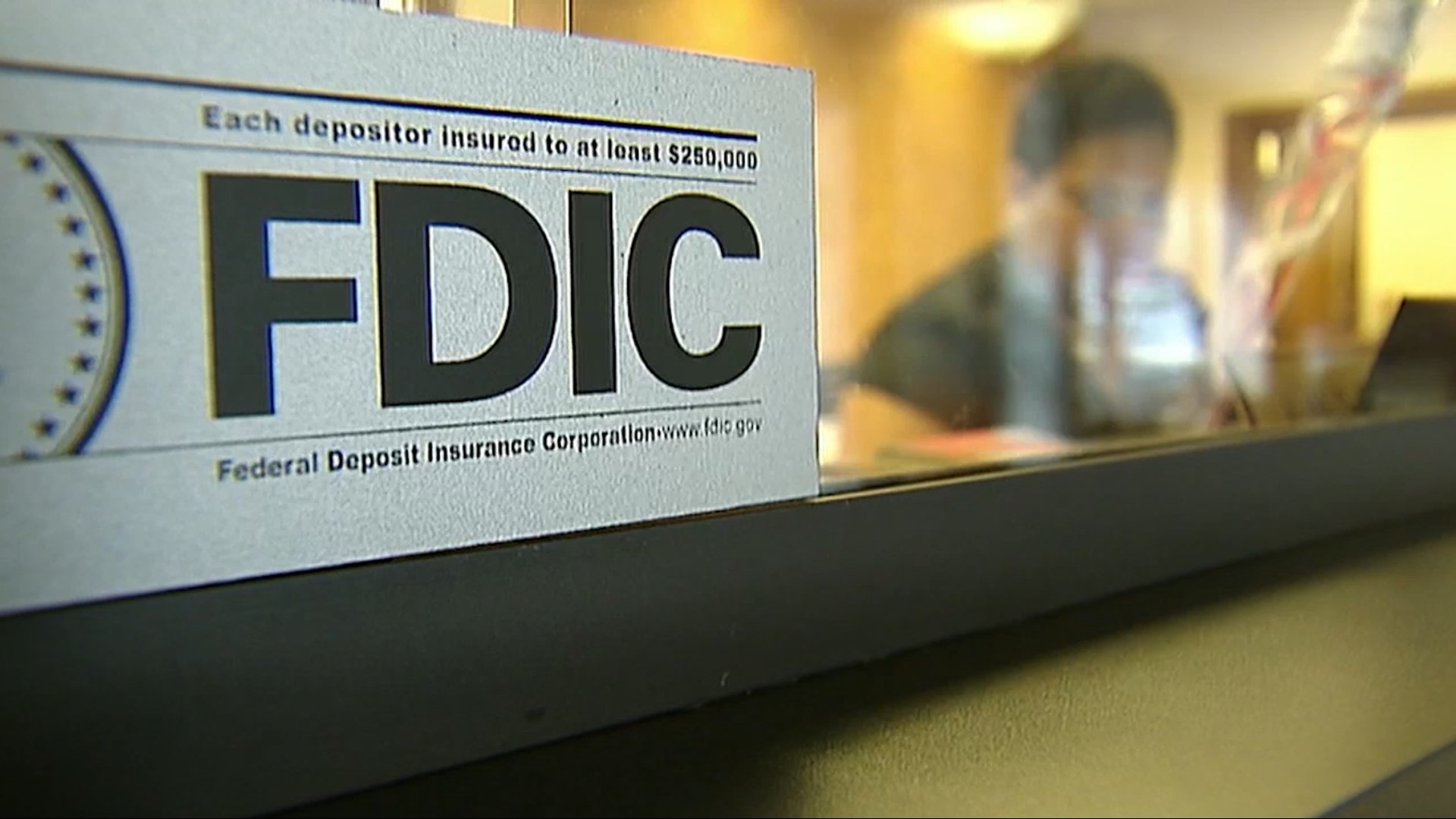HARRISBURG, Pa. — In the wake of Silicon Valley Bank’s collapse, economists expressed concern about bank-run contagion hitting other financial institutions.
Rapid interest rate rises have cut profitability for many banks for two main reasons. The first is that banks have to pay more in borrowing costs and more interest to depositors. The second is that higher interest rates undermine the value of Treasury Bonds that many banks rely on as a source of capital.
These two factors reduce liquidity, so banks have less money on hand to fund investor withdrawals. If too many investors pull their funds out at once, a bank could fail.
Following the collapse of Silicon Valley Bank, there was panic that depositors would not be able to access their funds over the insured maximum of $250,000. Recognizing this, the Treasury made an emergency move to cover all deposits.
Bank run concerns are contagious and can spread to other banks, like New York-based Signature Bank, which collapsed on Sunday.
“Is this a risk? Yes, it is a risk. That’s the federal reserve and the bank regulators, FDIC stepped in so quickly. That’s why the Bank of England stepped in so quickly. And they did it to basically calm everything down,” said Fariborz Ghadar, professor of finance at Penn State University.
Financial institutions have rules to reduce the risk of default. Investors, though, likely won’t know if their bank is at higher risk because that information isn’t advertised.
“The worst thing is for the word to get out that a bank is in trouble in the era of digital finance, when you can empty the coffers of a bank in a matter of two or three minutes,” Ghadar said.
The risk is larger for banks in volatile industries like tech or with massive deposits.
Pennsylvania-based banks, in comparison, have relatively less risk due to smaller accounts that are totally FDIC-insured.
Only 6% of Silicon Valley Bank’s domestic deposits were FDIC-insured, versus an average of 72% of Pennsylvania banks’ domestic deposits.
“From a Pennsylvania point of view I’m much less worried than from a Silicon Valley point of view,” Ghadar said. “[Most investors] shouldn’t worry about it. We’re ok.”
For more information about bank failures and what you should do with your money, click here.

